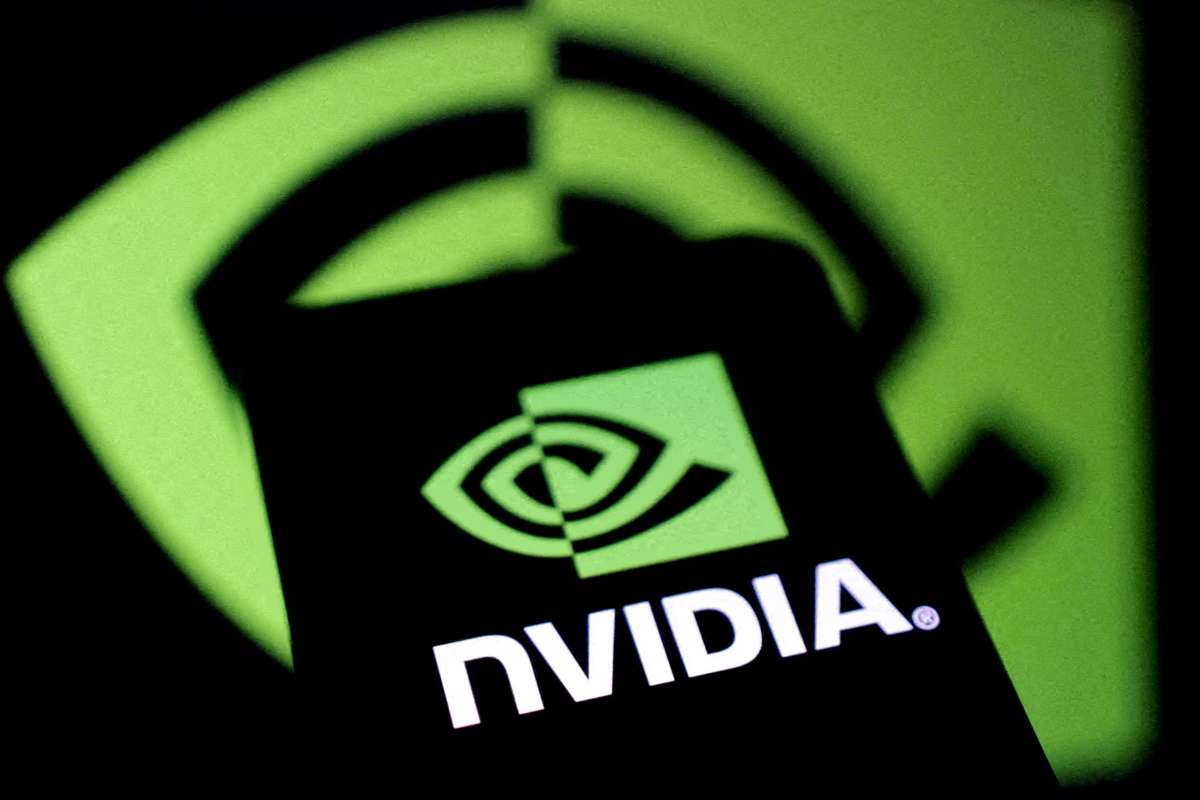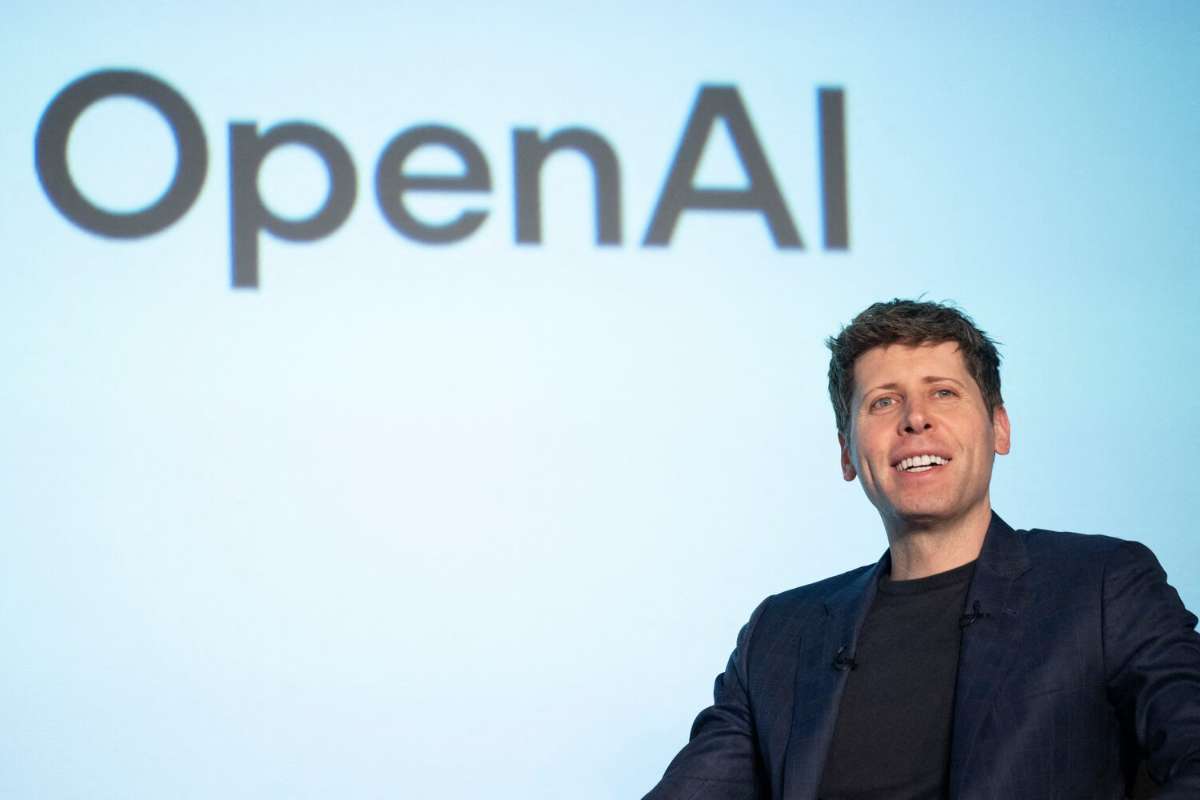Key Points:
- Nvidia halts H20 chip production in China over regulatory issues.
- B30A successor in development, awaiting U.S. export approval.
- Revenue risk and boost to China’s chip self-sufficiency.
Nvidia has ordered multiple suppliers to halt production of its H20 AI chip, a processor specifically developed for the Chinese market. Companies involved in packaging and assembly, including some of the biggest semiconductor contractors, were asked to suspend work immediately. The move follows heightened scrutiny from Chinese regulators, who recently questioned several major technology firms about potential security risks tied to the chip’s use.
The H20 AI chip, designed with performance limits to comply with U.S. export restrictions, had become a crucial product for Nvidia’s business in China. Despite being marketed for civilian use, it faced regulatory pushback in recent weeks, prompting Nvidia to scale down its supply chain activities. The company emphasized that the chip was never intended for military or government infrastructure and maintained that supply chain adjustments were being made in response to shifting market conditions.
Strategic Shifts and Next-Generation Plans
Nvidia’s decision reflects the complex landscape of technology trade between the U.S. and China. The company had only recently resumed shipments of the H20 AI chip after earlier export restrictions were temporarily lifted. Chinese demand surged, and Nvidia placed large-scale orders with its chip manufacturing partners. However, regulatory concerns in Beijing quickly resurfaced, forcing the company to reconsider its production strategy.
At the same time, Nvidia is actively working on a successor chip—tentatively named the B30A—based on its advanced Blackwell architecture. The new processor is expected to serve as a potential replacement for the H20 in China, but it will require approval from U.S. regulators before being shipped. Nvidia’s leadership has confirmed that discussions with Washington are ongoing, highlighting the delicate balance the company must strike between two of the world’s largest technology markets.
Market Implications and Industry Outlook
The production freeze has significant financial implications. Nvidia has previously cautioned investors that disruptions to its China-focused chip sales could impact revenue by billions of dollars in the coming quarters. China accounts for a sizable share of the company’s global income, making stability in the region critical to its growth trajectory.
Industry analysts note that the pause may accelerate China’s push to strengthen its domestic semiconductor industry. Local AI firms could face short-term challenges due to reduced access to Nvidia’s hardware, but the long-term effect may be an intensified drive toward self-reliance. For Nvidia, the focus will likely shift to diversifying its product lineup and securing U.S. approvals for exportable chips that can meet China’s demand without triggering fresh regulatory roadblocks.
As global demand for AI computing power continues to rise, Nvidia’s ability to navigate political tensions will play a decisive role in shaping its competitive position. The suspension of H20 AI chip production illustrates how geopolitical realities are increasingly intertwined with technological innovation, leaving companies to constantly adapt in an environment where market opportunity and regulatory pressure collide.











